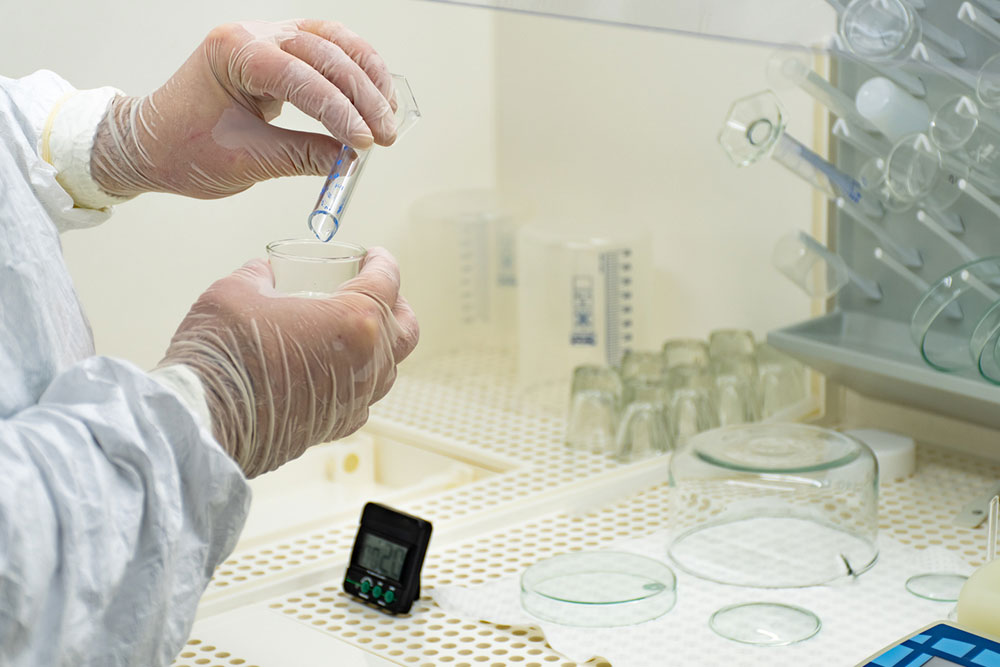
Novavax vaccine – Development and deployment stages explained
Novavax’s COVID-19 vaccine is known by several names globally, including NVX-CoV2373 and Nuvaxovid in some regions. The vaccine uses a tiny piece of the SARS-CoV-2 virus’s spike protein as its primary antigen. This spike protein is the part of the virus that lets it enter human cells and enhance the body’s immune response. The vaccine further includes an adjuvant called Matrix-M. Here are a few details about the vaccine’s development and deployment.
Preclinical development
Novavax began developing the vaccine in early 2020 utilizing its nanoparticle technology platform. The company identified a stabilized SARS-CoV-2 spike protein as its antigen and combined it with an adjuvant (Matrix-M) to enhance the immune response.
Phase 1 and phase 2 trials
Novavax initially conducted clinical trials in two phases to evaluate the vaccine’s safety and immunogenicity. These trials involved a relatively small number of participants and aimed to determine the appropriate dosage.
Phase 3 clinical trials
In the latter half of 2020 and early 2021, Novavax initiated large-scale phase 3 clinical trials to assess the vaccine’s efficacy in preventing COVID-19. These trials involved thousands of participants in multiple countries.
Authorization and approval
The Novavax vaccine, like other COVID-19 vaccines, required regulatory authorization or approval by a country’s authorities before it could be used. In our country, decisions were made by the health authorities like the FDA. Novavax received Emergency Use Authorization (EUA) or full regulatory approval in the states and a few countries in late 2021. The process of granting regulatory approval involves the health authorities’ thorough review of the vaccine’s safety and efficacy data.
Age eligibility
Typically, COVID-19 vaccines, including the Novavax, have age eligibility criteria. Before younger age groups, the vaccines were first approved for use in adults, particularly older people and those with comorbidities. The vaccine was initially rolled out in phases due to the limited stock until production was ramped up to match the rising demand. Many countries prioritized vaccinating healthcare workers, seniors, individuals with underlying health conditions, and essential workers.
Worldwide manufacturing and distribution
Novavax was working on ramping up manufacturing to produce the vaccine on a large scale in late 2021. They had secured various agreements with governments and organizations to supply their vaccine once it was authorized or approved.
Booster doses
For some COVID-19 vaccines, including Novavax, the FDA authorized booster doses for individuals who had already received primary and secondary doses to build immunity.
It’s important to note that the efficacy of the Novavax vaccine varies against different SARS-CoV-2 variants. It was tested against various variants of concern. Individuals should always consult a qualified healthcare provider to learn about vaccination and whether it is suitable for them. Doctors can examine the patient’s symptoms and recommend the best solution possible.
References:
1. https://www.nebraskamed.com/COVID/moths-and-tree-bark-how-the-novavax-vaccine-works#:~:text=The%20Novavax%20COVID%2D19%20vaccine,coronavirus%3A%20the%20notorious%20spike%20protein
2. https://www.who.int/news-room/feature-stories/detail/the-novavax-vaccine-against-covid-19-what-you-need-to-know
3. https://www.muhealth.org/our-stories/what-you-need-know-about-novavax-vaccine
4. https://www.yalemedicine.org/news/novavax-covid-vaccine
5. https://publichealth.jhu.edu/2022/what-you-need-to-know-about-the-novavax-protein-based-vaccine







